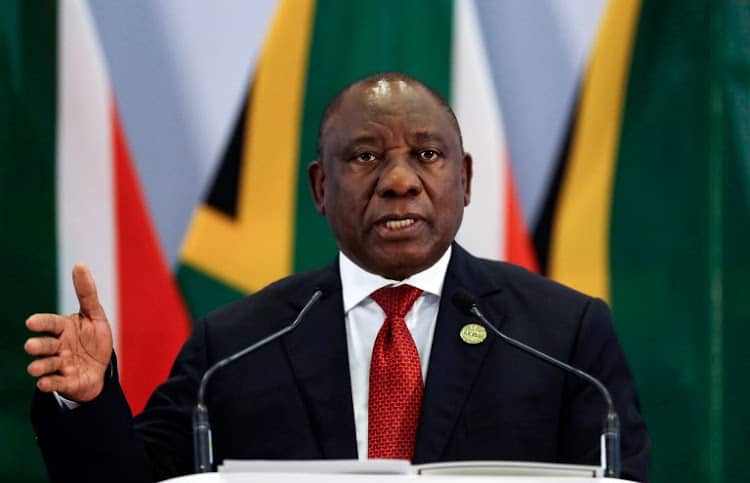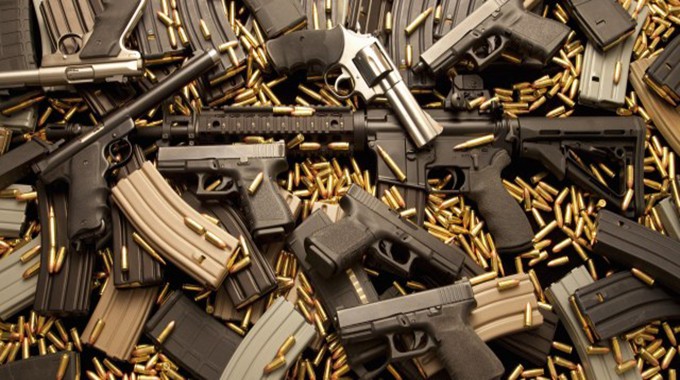THE 75th Session of the UN General Assembly began yesterday with African Union (AU) chairman and South Africa’s President Cyril Ramaphosa reiterating the call for the removal of illegal sanctions against Zimbabwe.
The meeting is being held virtually in light of the Covid-19 global pandemic under the theme; “The future we want; the United Nations we need: reaffirming our collective commitment to multilateralism — confronting Covid-19 through effective multilateral action.”
Apparently, Harare has been blaming all its economic woes on the restrictive measures.
This has been viewed by some critics as a scapegoat, saying rampant corruption and fiscal mismanagement have brought the country’s economy to its knees.
Meanwhile, President Ramaphosa made the call to the General Assembly in his capacity as the AU Chairperson.
His call comes ahead of President Mnangagwa’s address to the General Assembly tomorrow where he is also expected to hammer on the same message of sanctions removal.
President Ramaphosa called on the international community to support the rollout of a comprehensive stimulus package for African countries.
“This will enable African countries to not only mitigate the health impacts of Covid-19 but to aid us in the immense task of rebuilding our shattered economies.
“To ensure that no country is left behind, we reiterate our position as the African Union that economic sanctions against Zimbabwe and Sudan should be lifted to allow their governments to respond adequately to the pandemic,” he said.
The sanctions against Zimbabwe have been in existence for the past two decades following the historic land reform process embarked upon at the turn of the millennium.
The US sanctions were imposed through the misnamed Zimbabwe Democracy and Economic Recovery Act (ZIDERA) of 2001 while the EU introduced its own measures in 2002, although most of the embargoes have been lifted since 2004.
President Ramaphosa also told the General Assembly that Africa responded swiftly to the pandemic but said the resources diverted to fight the pandemic had set back the continent’s ability to provide safe water, health, housing and education.














